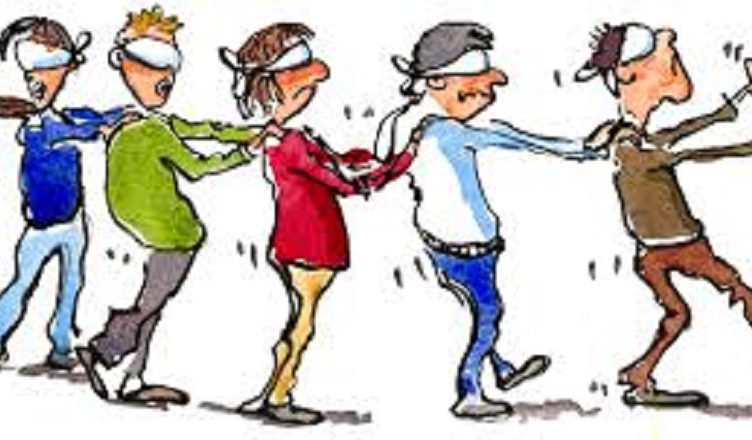
Confirmation bias is the tendency to search for, interpret, favor, and recall information in a way that confirms one’s preexisting beliefs or hypotheses. It is a type of cognitive bias and a systematic error of inductive reasoning. People display this bias when they gather or remember information selectively, or when they interpret it in a biased way.
The effect is stronger for emotionally charged issues and for deeply entrenched beliefs.
Confirmation bias is a variation of the more general tendency of apophenia. For example;
- We can only have assurance if salvation is by grace, not by works
- My child is a Christian, therefore we should not withhold baptism
- My sin does not have eternal consequences, Jesus died for all my sin and believers cannot fall away.
People also tend to interpret ambiguous evidence as supporting their existing position. Biased search, interpretation and memory have been invoked to explain attitude polarization (when a disagreement becomes more extreme even though the different parties are exposed to the same evidence), belief perseverance (when beliefs persist after the evidence for them is shown to be false), the irrational primacy effect (a greater reliance on information encountered early in a series) and illusory correlation (when people falsely perceive an association between two events or situations).
A series of psychological experiments in the 1960s suggested that people are biased toward confirming their existing beliefs. Later work re-interpreted these results as a tendency to test ideas in a one-sided way, focusing on one possibility and ignoring alternatives. In certain situations, this tendency can bias people’s conclusions. Explanations for the observed biases include wishful thinking and the limited human capacity to process information. Another explanation is that people show confirmation bias because they are weighing up the costs of being wrong, rather than investigating in a neutral, scientific way.
Confirmation biases contribute to overconfidence in personal beliefs and can maintain or strengthen beliefs in the face of contrary evidence. (Wiki)
I found this short post helpful on what I see and do all the time.
“The full moon is NOT linked to busier hospital emergency rooms or more births, a new study finds.
The belief that there might be a link is likely down to a bias in the way even intelligent people think called the confirmation bias.
Jean-Luc Margot, a UCLA professor of planetary astronomy, who carried out the study, said:
“Some nurses ascribe the apparent chaos to the moon, but dozens of studies show that the belief is unfounded.”
Despite the belief being remarkably common in hospitals, the study, published in the journal Nursing Research, found no evidence for it (Margot, 2015).
Similarly there’s NO evidence that the moon has any influence on:
- automobile accidents,
- hospital admissions,
- surgery outcomes,
- cancer survival rates,
- menstruation,
- births,
- birth complications,
- depression,
- violent behaviour,
- or even criminal activity.
The fact that intelligent people continue to believe in things like this is at least partly down to the ‘confirmation bias‘.
It arises because people search for information that confirms their view of the world and ignore what doesn’t fit.
People do it automatically, usually without realising.
It’s easier to see evidence for a pet theory than imagining a new picture.
It also helps people view themselves as accurate, right-thinking, consistent people who know what’s what.
Unfortunately these false beliefs can have devastating consequences.
…
A willingness to engage in evidence-based reasoning and admit that one’s beliefs may be incorrect will produce a more accurate view of the world and result in better decision-making.
…


